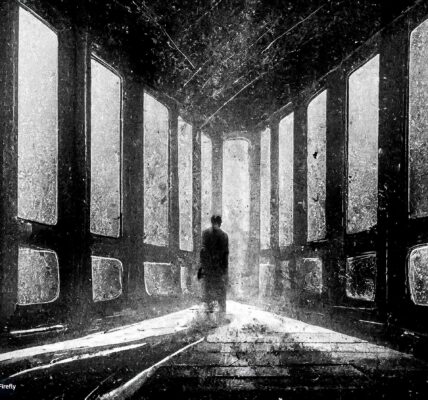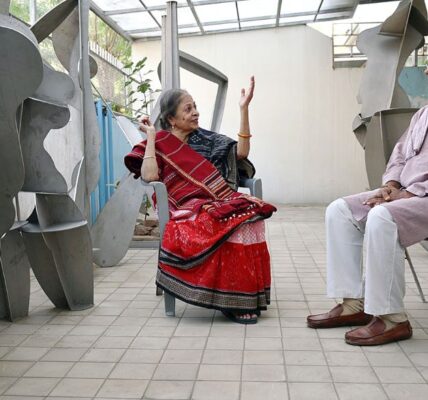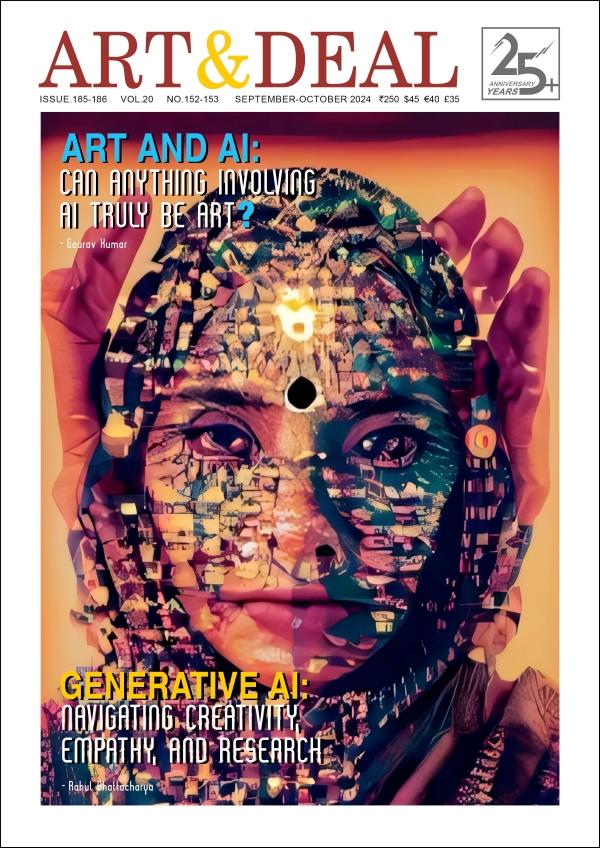Remembering Keshav Malik
Suneet Chopra
Art criticism is not dead as it still breathes through Keshav Malik’s writings and grows by his example. Renowned Art critic and writer Suneet Chopra pens down how ‘strong conviction’, ‘protesting outrage’ are also adjectives that define Keshav Ji.
I first met Keshav Malik when he was the editor of “Indian Literature”. I had sent him a short story of mine, ‘Fever’, which he included in the silver jubilee number of the magazine without even having met me. That impressed me enough to go and meet him. I had another reason for doing that as the story was about my life among the blanket weavers of Miranpur in Muzaffarnagar district of UP. And I was interested to see who would find such a story worth publishing as at the time Indian writing in English was a little precious, concerning itself largely with the feudal classes and the rich. So I was more than interested to meet a man who found the weavers hard life and powerful hope in the future a valid choice for the silver jubilee number of ‘Indian Literature! I expected to meet an activist writer of the sort that threw himself into peoples movements with passion, but I met a man rather like a hermit and of few words. I knew this was not a put on as I found him a man of his times. He was a post–war intellectual, a highly individualistic and creative outsider, like those who emerged in Europe and the USA after World War II. He was a product of Columbia, Paris and London, where he spent a good deal of his youth. But his intellect was too profound to be a mere stereotype. It was rooted in the India of the hermit philosophers, idealists close to nature and in tune with its rhythms,that one finds reflected in his poems and writings. True, he was an outsider, but one who sent his written messages to others through small literary magazines like ‘Thought’ and ‘Surge’, as I found out from Uma Vasudev, who, with Inder Verma and Keshav, were a part of the coffee-house culture of Delhi at its best. The coffee house movement in India was not the same as that of Europe.
One of the most prominent figures who built its infrastructure as a cooperative enterprise was the CPI (M) Politburo member, AK Gopalan. So if we had intellectuals savoring the coffee and snacks, it was the coffee growers of Southern India and the cooks and waiters of different parts of the country who got a decent living out of their gatherings and discussions. Nor were the two aspects totally unconnected.And Uma recounts how when the price of coffee was doubled to eight annas (50 paise) from 4annas (25 paise) Uma, Keshav and Inder got a coffee percolator and sold coffee outside at the original price as a protest. This coexistence of the mass and individual was an important part of the freedom movement in India. If there were mass movements of the peasantry, uprisings of tribals and strikes of workers, there were also individual hunger strikes of leaders like Gandhi, one of whose more active practitioners was A.K. Gopalan himself. This helps one understand how Keshav, with all his reserve, introspection and gentleness, had won his way into the hearts of so many different people who came together to remember him when he was no longer among them. In the India he grew up in and developed there were no iron walls between people newly liberated from colonial rule and struggling to be free of both casteism and communalism. In his later years, when I got to know him better, I found him shocked at how the India he knew became a victim of a powerful market economy that revived the culture of showmanship, the use of caste and community to mobilize for ones self interest and profit. But he was a man not easily given to despair. His cocoon of the postwar intellectual protected him and allowed him to carry his message across to others by his own practice. It was this approach that allowed him to be ordinary in spite of being remarkably sensitive and scholarly; a quality which most of those who knew him remember as the greatest gift he gave to the young intellectuals and artists of Delhi. It is this gift that we would like to remember him by, and one hopes, emulate.



